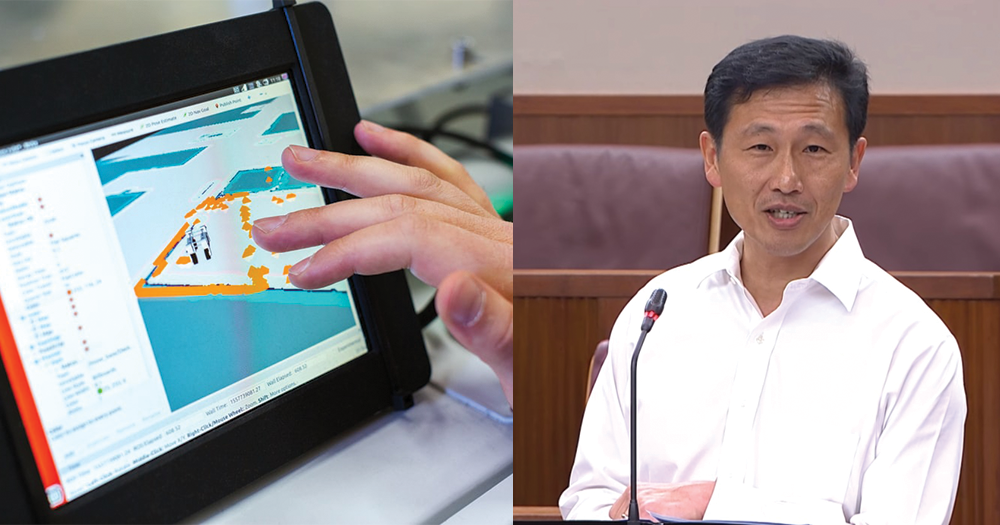All students at the secondary level will soon have a Personal Learning Device (PLD).
This was announced by Education Minister Ong Ye Kung during the Committee of Supply debates on March 4.
Use of PLDs in secondary schools
Ong said that teachers can no longer teach the traditional way.
And in order to facilitate new ways of teaching and strengthen digital literacy in schools, Ong announced that the ministry will progressively roll out the use of PLDs to all secondary schools from June 2020, starting with their secondary one cohort.
Every secondary student will own a school-prescribed PLD, which could be a tablet, laptop, or chromebook, by 2028.
The device will support digital lesson plans, and allow teachers to personalise and enhance each student's learning.
To support the purchase of the device, there will an Edusave top-up of S$200 for all eligible Singaporean students. This is an increase from last year’s S$150 top-up.
Ong said he expects that most students will have enough balance in their Edusave accounts to pay for the PLD.
In addition, students from lower-income households will receive further subsidies so that the out-of-pocket cost is S$0.
Equipped with software to monitor usage
MOE clarified that all PLDs will be equipped with a Device Management Application (DMA) software installed.
This software will enable the teachers to guide and monitor students’ device usage, and help to determine the the appropriate teaching and learning applications to be installed into each device.
For example, inappropriate websites with adult or extremist content, as well as gaming and gambling websites or applications, will be restricted.
Schools will also have the discretion to decide what applications and websites to enable or disable.
In addition, the DMA also comes with classroom management capabilities to assist teachers in actively guiding and monitoring students’ screens during lesson time.
Strengthening digital literacy
Apart from the PLDs, Ong also highlighted some other measures to strengthen digital literacy in schools.
Ong said,
"We all know how digital literacy is important for our young... One popular response is ‘let us make coding compulsory in schools!’ But that is too simplistic. Not everyone will grow up to be a coder...
He also stated that giving every student a laptop or tablet could potentially cause more harm than good if it proves to be a distraction instead.
Ong said that the introduction of PLDs must be done in the right sequence, to ensure that the curriculum is rightly designed.
He added that teachers have to be equipped with suitable pedagogies first, with the usage of PLDs to enhance teaching and learning.
Hence, Ong emphasised that MOE needs to think about digital literacy more deeply and holistically, rather than simply implementing populist initiatives.
There will be a greater emphasis on cyber wellness education as part of an enhanced Character and Citizenship Education curriculum to be rolled out in 2021.
Under this curriculum, students will be taught how to evaluate what they see online, and to learn to protect themselves against cyberbullying.
The number of secondary schools and junior colleges offering O-Level and A-Level Computing subject will also be expanded.
Top photo via Unsplash, gov.sg screengrab
If you like what you read, follow us on Facebook, Instagram, Twitter and Telegram to get the latest updates.
